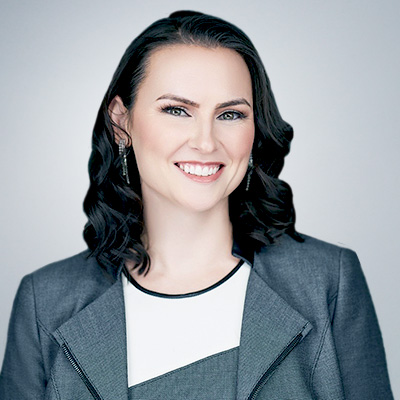

Personality Disorders
Personality disorders are a group of mental health conditions characterized by long-standing patterns of behavior, cognition, and inner experience that deviate significantly from cultural expectations and cause distress or impairment in various areas of life. These patterns are rigid and pervasive, typically developing during adolescence or early adulthood and persisting over time.
There are several types of personality disorders recognized by the Diagnostic and Statistical Manual of Mental Disorders (DSM-5), which is a widely used diagnostic manual in the field of psychiatry. The DSM-% organizes personality disorders into three clusters based on similar characteristics:
Cluster A Personality Disorders

Paranoid Personality Disorder
Characterized by a pervasive distrust and suspiciousness of others, interpreting their motives as malevolent.

Schizoid Personality Disorder
Marked by a lack of interest or desire for close relationships, emotional detachment, and limited range of emotional expression.

Schizotypal Personality Disorder
Involves eccentric behavior, odd beliefs or magical thinking, social anxiety, and perceptual distortions.
Cluster B Personality Disorders

Antisocial Personality Disorder
Associated with a disregard for the rights of others, lack of empathy, and a pattern of impulsive and irresponsible behavior.

Borderline Personality Disorder
Characterized by unstable moods, self-image, and relationships, as well as impulsive and self-destructive behaviors.

Histrionic Personality Disorder
Involves excessive attention-seeking, emotional overreactive, and a need for validation and approval from others.

Narcissistic Personality Disorder
Marked by an inflated sense of self-importance, a need for admiration, and a lack of empathy for others.
Cluster C Personality Disorders

Avoidant Personality Disorder
Characterized by pervasive social inhibition, feelings of inadequacy, and hypersensitivity to negative evaluation.

Dependent Personality Disorder
Involves excessive reliance on others, submissiveness, and fear of separation.

Obsessive-Compulsive Personality Disorder
Associated with perfectionism, excessive concern with orderliness and control, and rigid adherence to rules and procedures.
Personality disorders can vary in severity. Individuals may exhibit traits from multiple disorders. Diagnosis and treatment of personality disorders typically involve psychotherapy, such as cognitive-behavioral therapy (CBT) or dialectical behavior therapy (DBT), aimed at addressing dysfunctional patterns of thinking and behavior and improving overall functioning and well-being.
Treatment
The treatment of personality disorders typically involves a combination of psychotherapy and medication (in some cases), and support from a healthcare team. Here are some common approaches to treating personality disorder:
Psychotherapy
Psychotherapy is the primary treatment for personality disorders. Different types of therapy may be used, depending on the specific personality disorder and individual needs. Some common therapeutic approaches include:
- Cognitive-Behavioral Therapy (CBT): CBT focuses on identifying and changing negative thought patterns and behaviors that contribute to distress and dysfunction. It helps individuals develop healthier coping strategies and improve problem-solving skills.
- Dialectical Behavioral Therapy (DBT): DBT is often used to treat borderline personality disorder. It combines elements of CBT with mindfulness techniques to help individuals regulate emotions, manage impulsivity, and improve interpersonal skills.
- Schema-Focused Therapy: This therapy addresses deeply ingrained patterns or schemas that underlie personality disorders. It helps individuals identify and modify maladaptive beliefs and behaviors.
Medication
Medication is not typically the primary treatment for personality disorders, but it may be used to manage specific symptoms or co-occurring conditions such as depression, anxiety, or impulsivity. Antidepressants, mood stabilizers, or antipsychotic medications may be prescribed by a psychiatrist, depending on the individual’s needs.
Group Therapy and Support Groups
Group therapy can provide individuals with a supportive environment to share experiences, learn from others, and practice interpersonal skills. Support groups specifically for individuals with personality disorders can also offer a sense of community and understanding.
Hospitalization or Intensive Treatment Programs
In severe cases where individuals are at risk of self-harm, suicide, or significant impairment, hospitalization, partial-hospitalization, or intensive outpatient programs may be necessary to ensure safety and provide structured treatment.
It is important to note that treatment for personality disorders can be challenging and may require long-term commitment. The therapeutic relationship, motivation, and willingness to engage in treatment play significant roles in the effectiveness of interventions. It’s recommended to work closely with mental health professionals to develop an individualized treatment plan.
Join the Journey to Healing
Begin Your Journey to a Brighter Life, Free from Mental Health Struggles! Call us today.

















